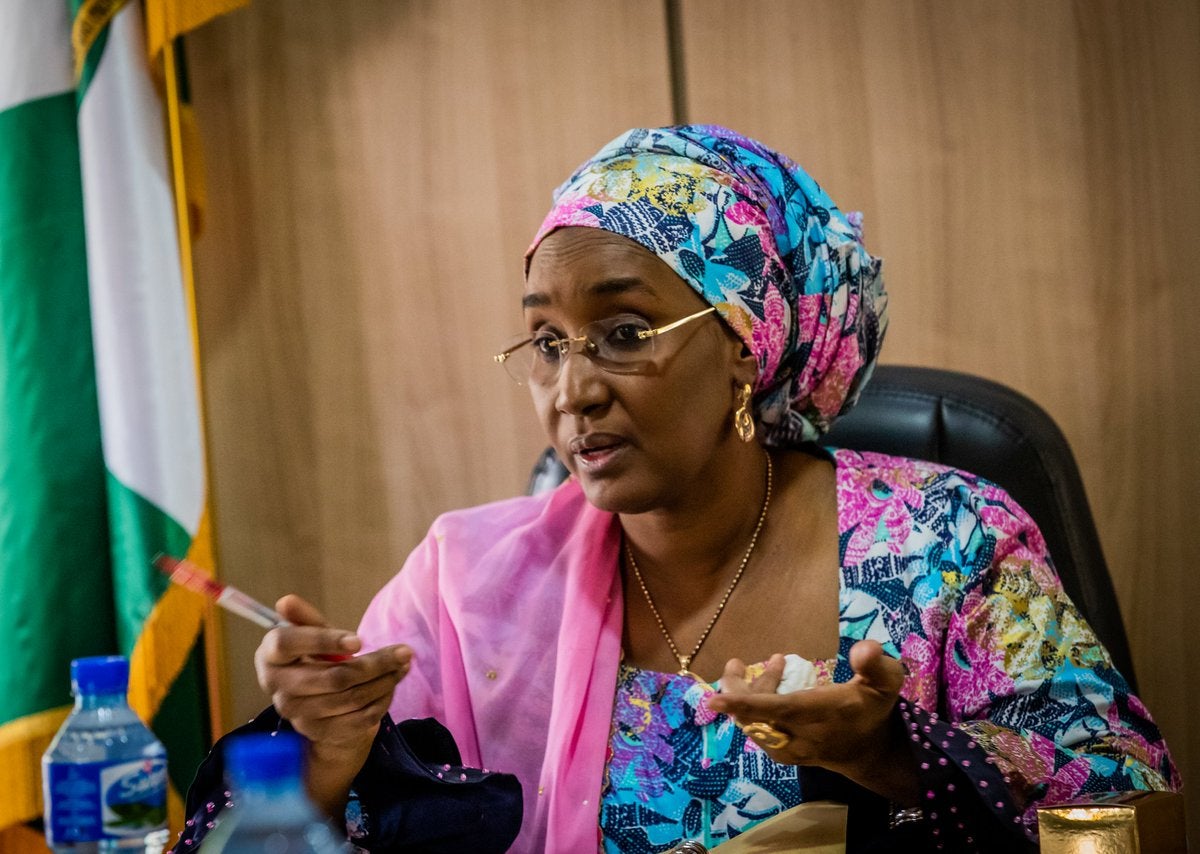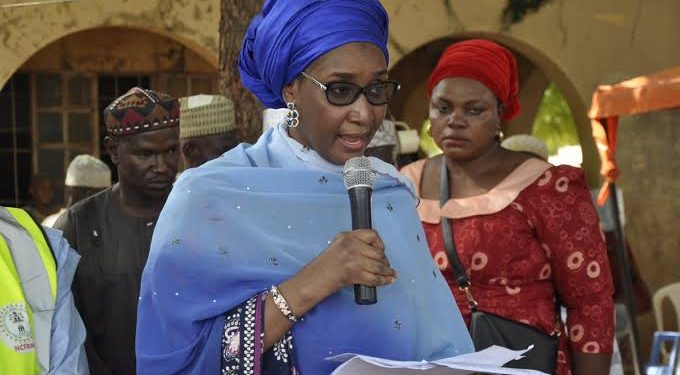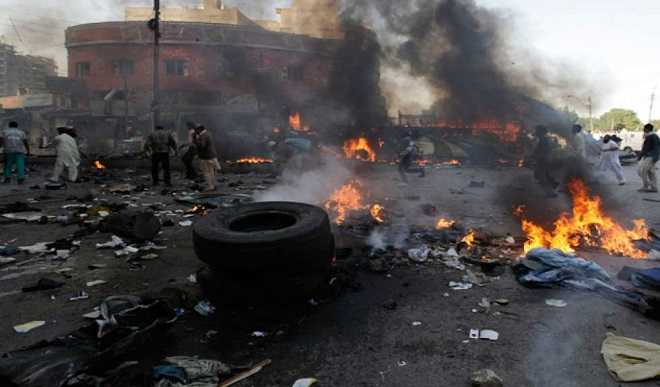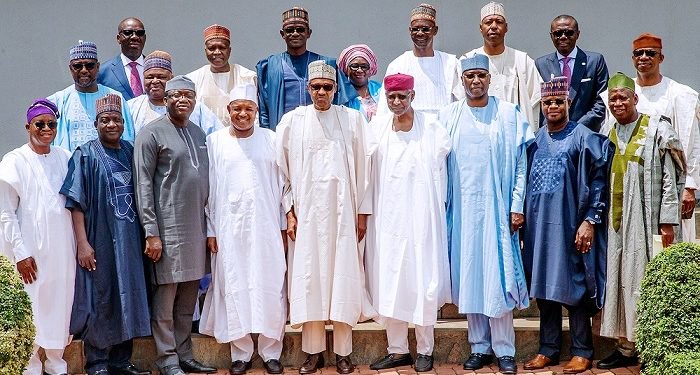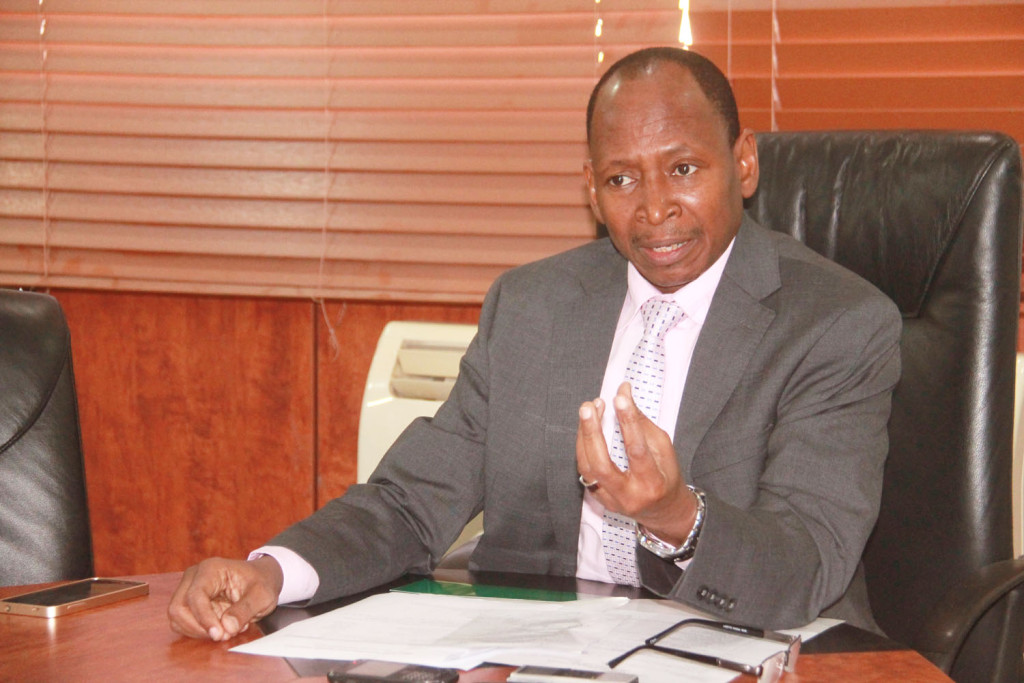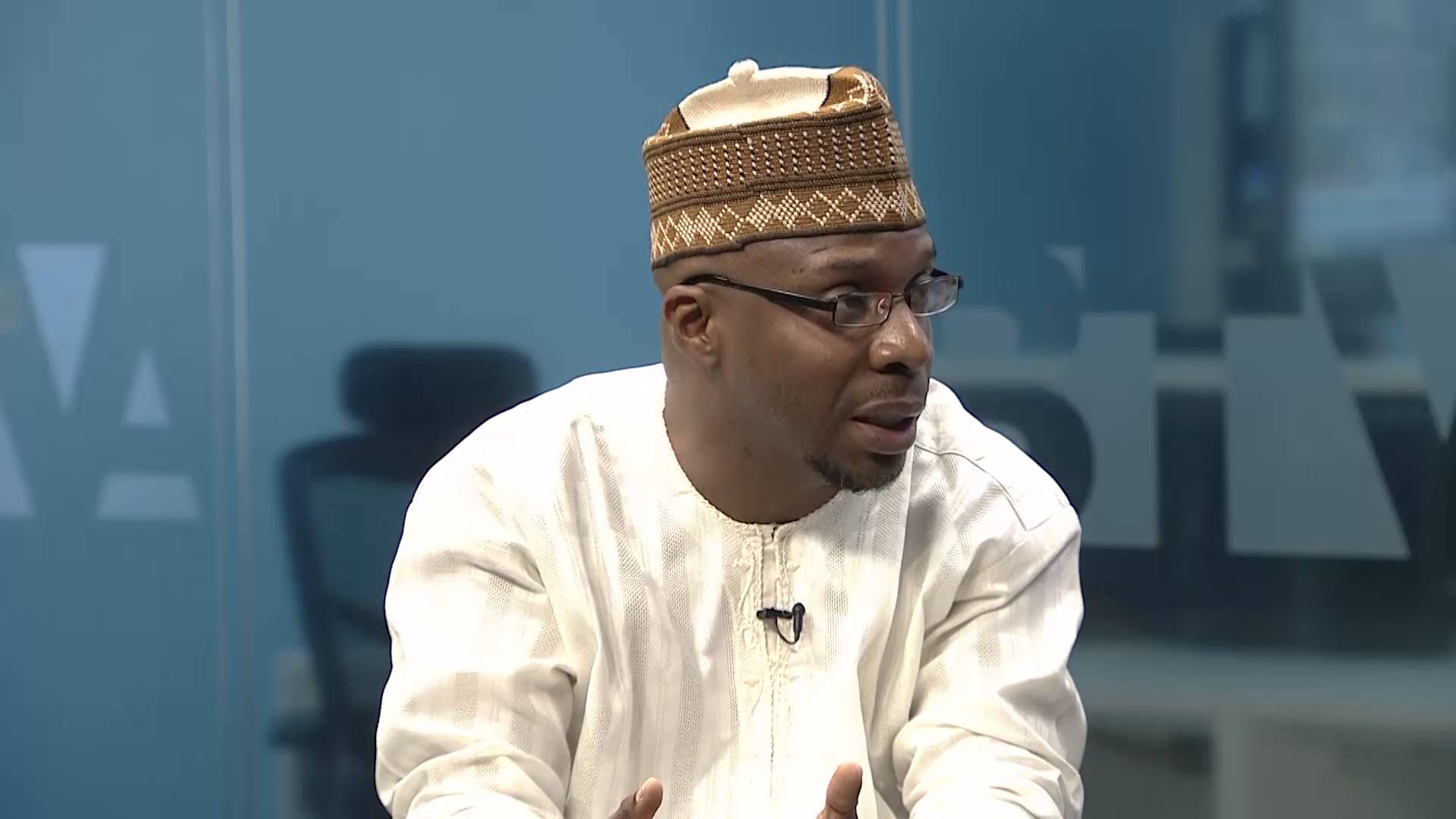The National Commission for Refugees, Migrants and Internally Displaced Persons (NCFRMI), under the leadership of Honourable Federal Commissioner, Senator Basheer Garba Mohammed is set to distribute another set of food items, clothes, academic materials, agricultural facilities and palliatives in 11 more states.
According to a statement signed by the Special Adviser on Media and Publicity of the Commission, Sadiq Abdullateef, on Sunday. The beneficiary states are; Kwara, Adamawa, Borno, Yobe, Taraba, Cross Rivers, Sokoto, Kaduna, Akwa Ibom, Bayelsa and Plateau states.
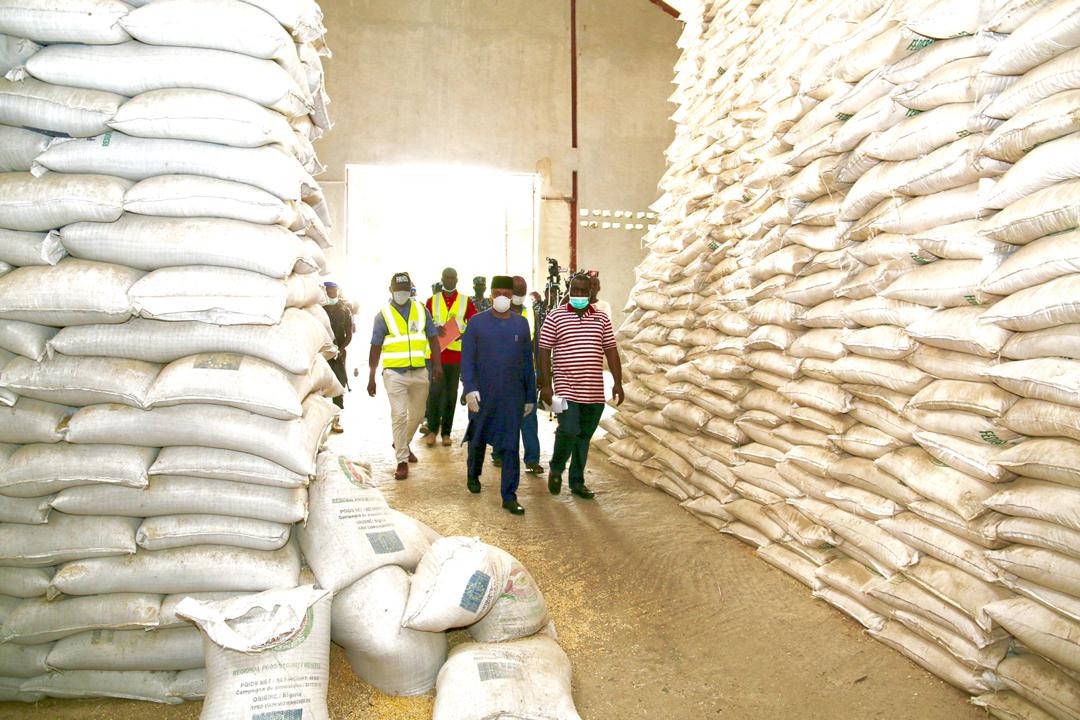
Speaking on behalf of the Honourable Federal Commissioner shortly before the departure of the officials to the respective states, the head of IDPs at the comission, Hajiya Fatima Mamman Daura said, in line with its mandate of ensuring continouos welfare for Persons of Concern (POCs) in the country, the commission is set for another disbursement of food items, clothes and palliatives to 11 more states.
She further added that, the commission is totally concern about the plight of displaced persons in the country especially during this time of rain and they will continue to provide the neccessary facilities and amenities for the POCs to ensure a safer and better living.
Also speaking, the head of refugees at the commission, Dahiru Bagiwa added that, since his appointment by President Muhammadu Buhari, Senator Mohammed has embarked on an aspiring task of making life better for the POCs.
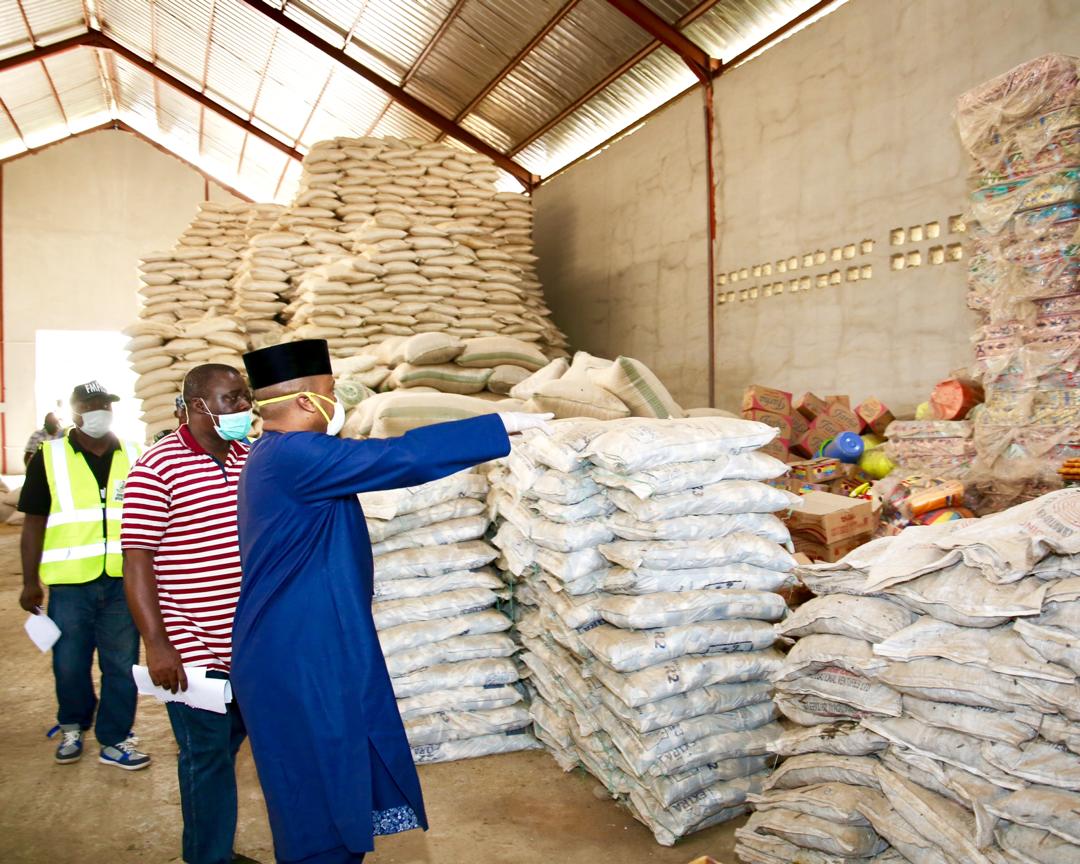
“With the President’s blessing and support as well as the guidance of the Minister of Humanitarian Affairs, Disaster Management and Social Development, Hajiya Sadiya Umar Farouk, the commission will build the first NCFRMI Resettlement City Development Project in several states and aim to relocate our countries 2.4 million displaced persons”, Bagiwa added.
“This does not mean the commission will stop its emergency and protection based interventions afterwards. By definition of our mandate, we will continue to support the POCs in providing care and maintenance services as well as special interventions as the needs arise”, he concluded.



